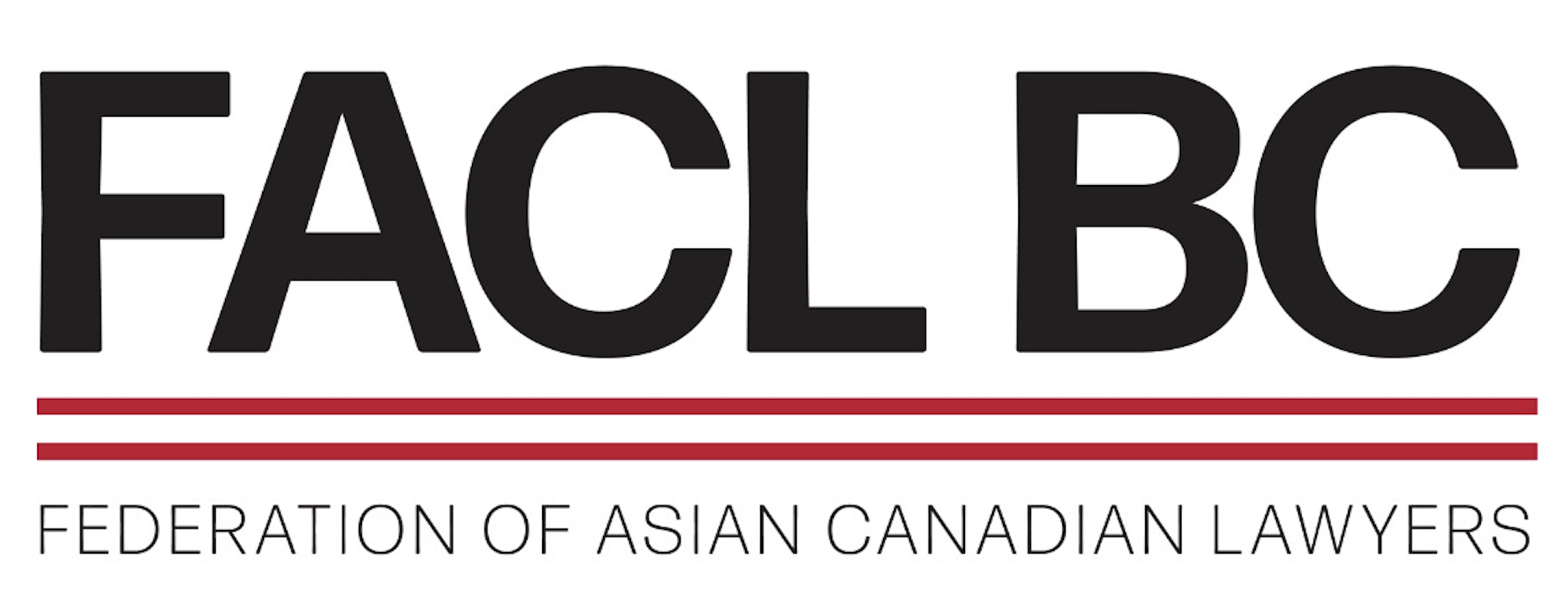With its registered office located in the city of Vancouver, FACL BC is situated on the unceded, traditional territories of Coast Salish peoples, including the xʷməθkʷəy̓ə (Musqueam), Sḵwx̱wú7mesh Úxwumixw (Squamish) and səlilwətaɬ (Tsleil-Waututh) Nations. As a province-wide organization, we also recognize that our members are situated on the traditional territories of diverse First Nations, including the territories of the lək̓ʷəŋən peoples, the Songhees and Esquimalt Nations (Victoria), and the Tk'emlúps te Secwépemc (Kamloops). FACL BC encourages all settlers to learn about the Indigenous peoples upon whose traditional lands they occupy. One excellent resource to do this exploratory work can be found here.
In acknowledging this traditional territory, we also recognize Indigenous peoples’ stewardship of the land predates the establishment of the earliest European colonies in British Columbia. FACL BC holds a deep respect for these traditional territories and the richness that they hold in terms of the histories, languages, knowledge systems, and cultures of the Indigenous peoples who continue to live upon them.
Additionally, FACL BC acknowledges the fact that many territories in what is now known as British Columbia are unceded, meaning that Indigenous peoples never surrendered their sovereignty over the land or entered into treaties. We recognize the dispossession of these territories and the inherent jurisdiction that the Indigenous peoples still hold over them.
As immigrants and descendants of immigrants, we at FACL BC acknowledge the complicated relationship between the Asian community and Indigenous peoples. While there is solidarity and understanding to be found in our similar experiences with systemic racism and discrimination, as well as stories of our coming together in acts of community and resistance, we are also settlers and occupiers of dispossessed land. To acknowledge our privilege as settlers is to recognize our own contribution to the lasting effects of colonialism, and we at FACL BC are cognizant of our status as uninvited guests on the traditional territories of Indigenous peoples.
We also acknowledge the discrimination and injustices Indigenous peoples still face. FACL BC is dedicated to its mandate of promoting equity, justice, and opportunity across the legal community, as well as using our platform to address intersecting forms of oppression. We recognize that there are intersections between Asian communities and many equity-seeking groups, and are committed to decolonial solidarity and the full realization of Indigenous rights.
